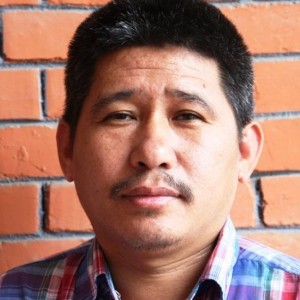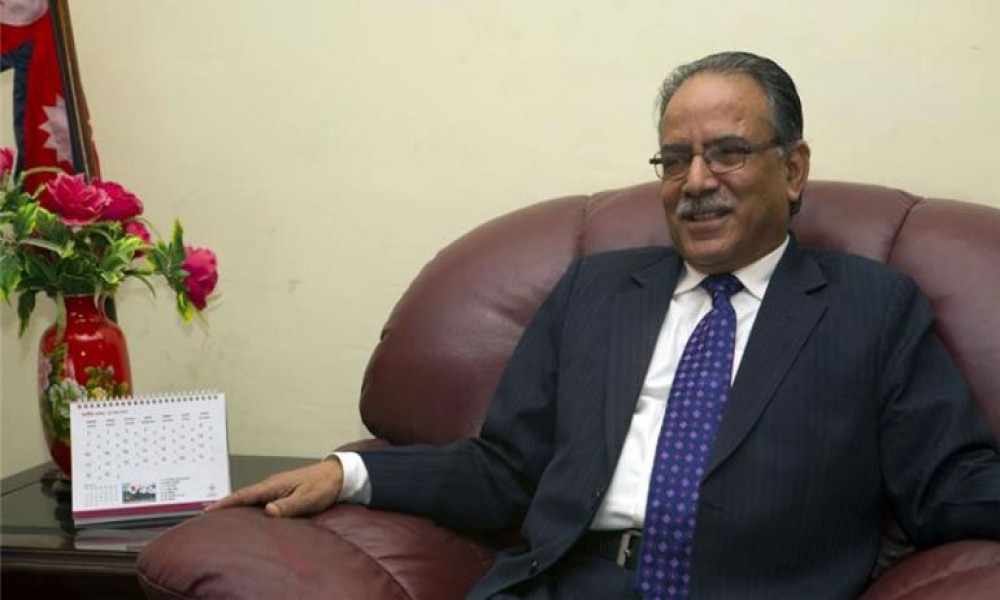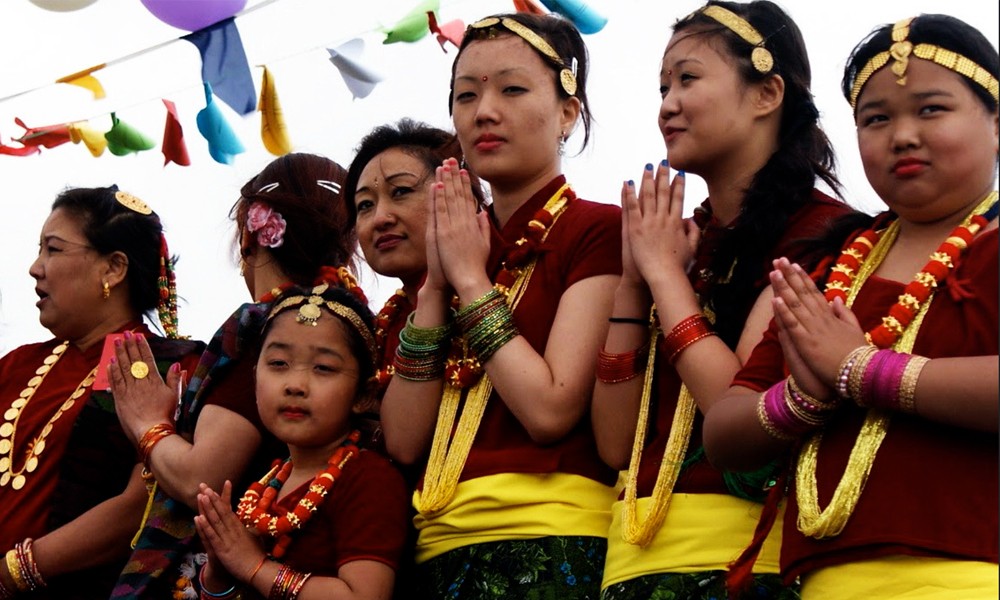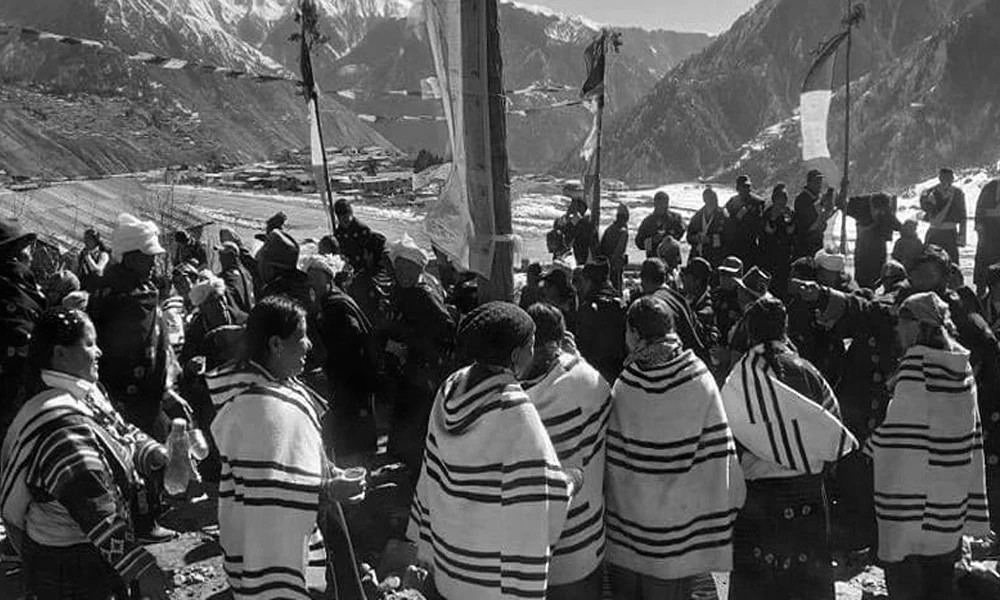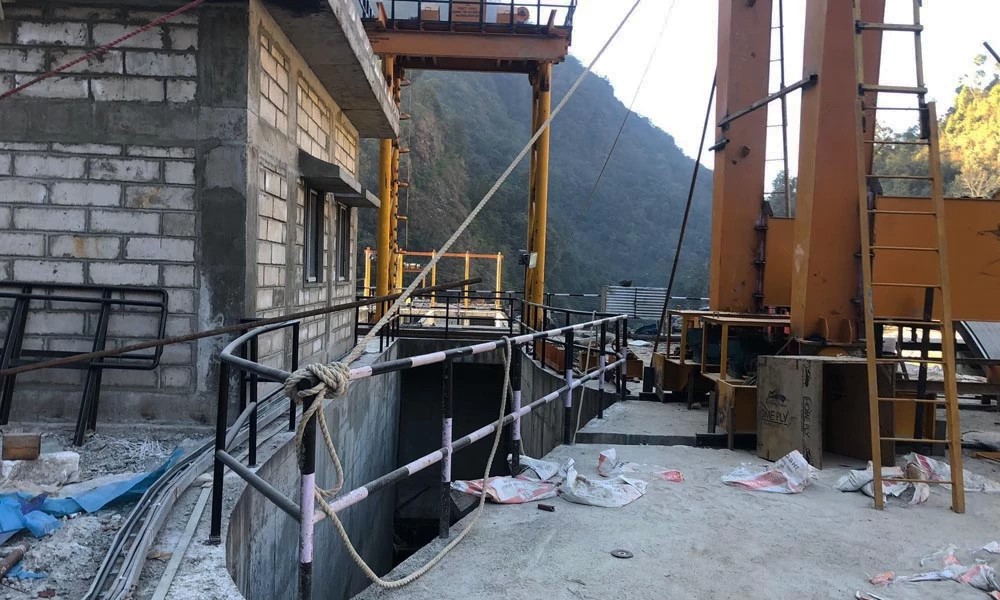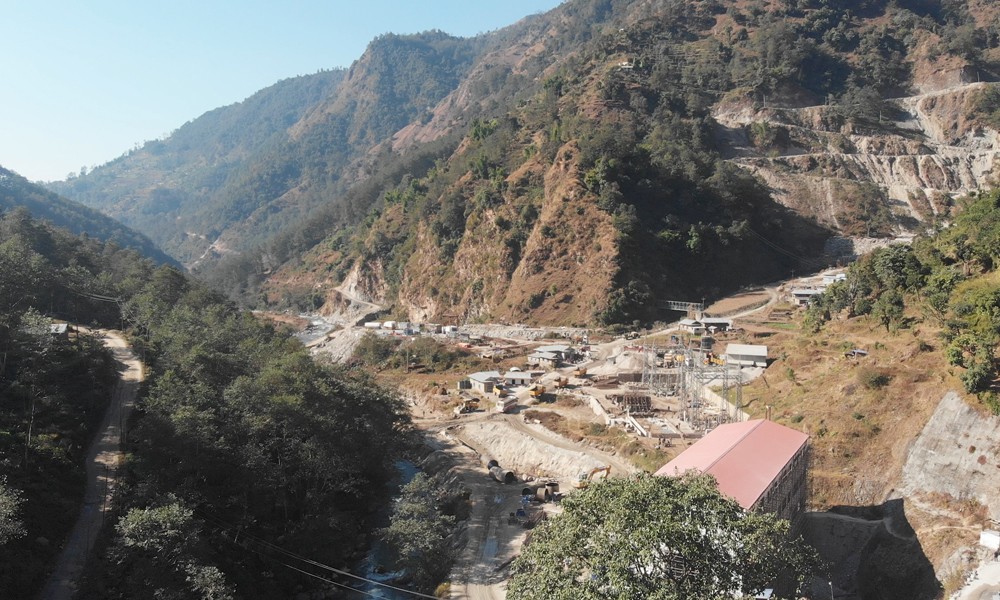Maoist leader Pushpa Kamal Dahal 'Prachanda' is becoming Prime Minister for the second time in the next few days. It is yet not clear who all will be his coalition partners, but it is certain that he will be the 39th PM of the country.
Prachanda is not a novice politician. He has been at the epicentre of Nepali politics for more than two decades. He was Prime Minister before. Had he not tried to sack the army chief Rookmangud Katawal, he would have stayed put probably longer. But after securing a landslide victory in the 2008 elections, he belittled everyone who faced electoral defeat. That was probably the biggest blunder of his life.
Had Prachanda not squandered this opportunity, the first Constituent Assembly would have certainly passed a much more progressive constitution. His party would not have split. He would have still remained the most influential leader. Now that he has regained power, Prachanda has made promises to correct the mistakes that he made, by addressing the grievances of Madhesis and Janajatis. But that is easier said than down.
Prachanda has made promises to correct the mistakes that he made, by addressing the grievances of Madhesis and Janajatis. But that is easier said than down.
Prachanda is becoming the PM this time around with the support from the Nepali Congress, which is the most conservative party in Nepal. If it had not been for the NC, the Tikapur incident would have taken place. The NC, particularly its President Sher Bahadur Deuba, incited the Tharus by pushing them to the corner. Most of the concerns of the marginalised communities would have been address by the second Constituent Assembly itself.
Madhesis and Janajatis are now demanding the rewriting of the Constitution, which is far from being addressed. Prachanda will face difficulty even to readjust federal boundaries. The parties are already at odds over redrawing local administrative bodies. Janajatis want sub-autonomous regions within autonomous provinces, but restructuring of local bodies is unlikely to address their concerns.
Madhesis and Janajatis are now demanding the rewriting of the Constitution, which is far from being addressed. Prachanda will face difficulty even to readjust federal boundaries.
The Prachanda government will not make a difference when it comes to Nepal's diplomatic relations with Indian and China. India has often dictated the political course in Nepal for the last five decades, and its influence in the Himalayan nation is likely to go stronger in the days to come. The KP Oli government was described as a nationalist, but it too had failed to emerge out of the shadows of Delhi.
Whether Prachanda has succeeded in bettering ties with Beijing will depend largely on whether Chinese President Xi Jinping visits Kathmandu. The Chinese President, invited by Oli, was most likely to visit Nepal. But with Oli's ouster, ostensibly orchestrated by Delhi, things may not be the same. And it will be Prachanda's diplomatic failure. China has shown signs that it will not remain a mute spectator, as it did in the past, in the Nepal affairs. The Chinese train that will cut through Nepal in the near future is a sign of it. So the future political leadership will have to tread the China line more carefully than ever before. Prachanda's success will also be defined by it.


